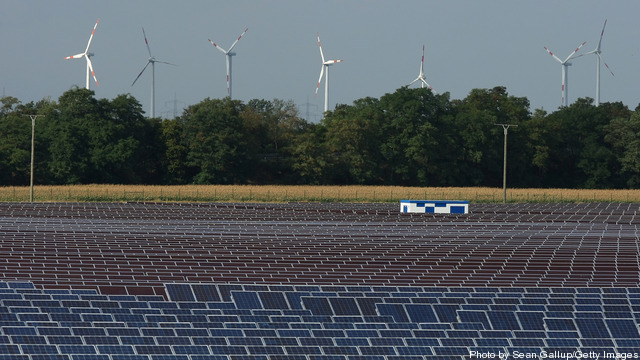
The major investment banks remain heavily engaged in the energy markets, hedging fuel prices and even producing energy for their own or their clients’ benefit. But Brad Hintz, a Sanford C. Bernstein & Co. research analyst who tracks the investment banking and securities industries, told Breaking Energy that the big banks are also positioning themselves for potential regulatory changes which will force the launch of a national carbon-trading market.
“Goldman Sachs, JP Morgan, Morgan Stanley, and Barclays are all major energy traders,” Hintz observed. “They are the banking giants in that space, and they – along with the commodities exchanges – provide the risk management services needed to balance demand and supply in the global energy markets.” Keep reading →








